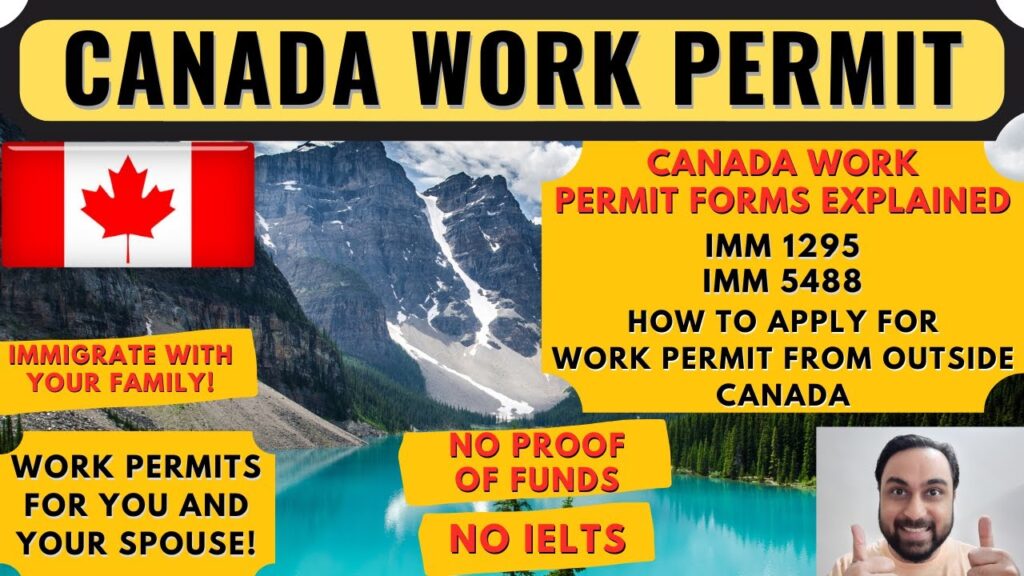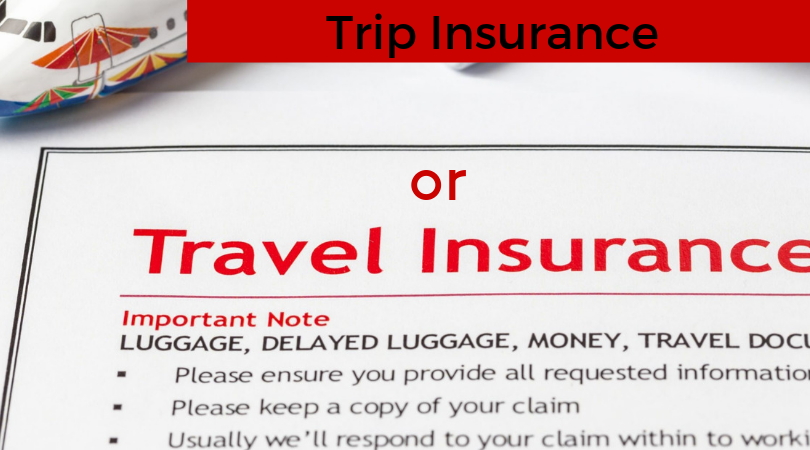
Canada Work Permit Application Process:
Canada is one of the top destinations for foreign workers seeking to advance their careers abroad. The country boasts a strong economy, a high standard of living, and inclusive immigration policies, which together attract thousands of skilled and unskilled workers each year. If you are considering working in Canada, the first step is understanding the Canada Work Permit application process.
This guide will cover everything you need to know about the Canada Work Permit, from eligibility requirements to application steps, costs, processing times, and common mistakes to avoid. By the end of this article, you will have a clear roadmap to increase your chances of securing a work permit in Canada.
What is a Canadian Work Permit?
A Canada Work Permit is an official document issued by Immigration, Refugees, and Citizenship Canada (IRCC) that allows foreign nationals to work legally in Canada for a specific employer, job role, or time period. Without this permit, working in Canada is generally not allowed, unless you fall under certain exemptions (such as business visitors or certain international agreements).
There are two main types of Canadian work permits:
- Employer-Specific Work Permit (Closed Work Permit)
- Tied to a specific employer, job role, and location.
- Requires a Labour Market Impact Assessment (LMIA) in most cases.
- Example: A Nigerian nurse hired by a Canadian hospital with LMIA approval.
- Open Work Permit
- Not tied to any employer, meaning you can work for almost any employer in Canada.
- No LMIA required.
- Commonly issued to spouses of skilled workers, international graduates under the Post-Graduation Work Permit Program (PGWP), or refugees.
Why Work in Canada?
Before diving into the application steps, let’s explore why thousands of foreign nationals choose Canada as their work destination:
- High wages and strong labor protections
- Pathway to Permanent Residency (PR) through programs like Express Entry
- Work opportunities across industries such as healthcare, IT, construction, hospitality, and agriculture
- Multicultural society with respect for diversity
- Quality of life, including healthcare, education, and social benefits
Who Needs a Work Permit?
Most foreign nationals require a work permit to work in Canada. However, there are a few exceptions. You may not need a permit if you fall under categories like:
- Business visitors
- Foreign representatives and their family members
- Athletes or team members
- Performing artists (under certain conditions)
- Short-term highly skilled workers (specific exemptions)
That said, if you plan to take up employment and receive wages in Canada, you will almost certainly need a valid work permit.
Canada Work Permit Eligibility Requirements
To qualify for a Canadian work permit, you must meet certain general and specific requirements. These include:
General Requirements
- Prove you will leave Canada once your work permit expires.
- Show proof of sufficient funds to support yourself and your family during your stay.
- Have no criminal record (a police clearance certificate may be required).
- Be in good health (a medical exam may be required for some jobs).
- Demonstrate that you will not work for ineligible employers (those failing compliance checks).
- Provide all required documents truthfully.
Job-Specific Requirements
- For employer-specific permits, you must have a valid job offer letter and, in most cases, a positive LMIA.
- For open work permits, you must fall under one of the eligible categories (e.g., spouse of a student or skilled worker, or graduate with a PGWP).
Canada Work Permit Application Process (Step-by-Step)
The Canada Work Permit application process varies depending on whether you are applying from outside Canada, inside Canada, or at a port of entry. However, the general steps remain similar.
Step 1: Determine the Type of Work Permit
- If you already have a Canadian job offer with LMIA approval, → Apply for an Employer-Specific Work Permit.
- If you qualify for an open category (e.g., spouse, PGWP, refugee) → Apply for an Open Work Permit.
Step 2: Gather Required Documents
Typical documents include:
- Valid passport
- Job offer letter or employment contract
- Copy of LMIA (if applicable)
- Proof of professional qualifications (degrees, certificates, work experience)
- Police clearance certificate
- Medical examination results (if required)
- Proof of funds
- Digital photo (passport size)
Step 3: Submit Online Application
Most applications are submitted online via the IRCC website.
Steps:
- Create an IRCC account.
- Fill in the application form (IMM 1295 for work permits outside Canada).
- Upload scanned copies of all documents.
- Pay application fees (usually CAD $155 for a work permit).
- Apply.
Step 4: Provide Biometrics
After submission, you will likely receive a Biometrics Instruction Letter (BIL). You must visit a Visa Application Centre (VAC) in your country to give fingerprints and a photo.
Step 5: Wait for Processing
Processing times vary depending on your country of residence and the type of work permit. On average, it can take anywhere from 8 weeks to 6 months.
Step 6: Receive Decision
If approved, you will receive:
- A Port of Entry (POE) Letter of Introduction.
- A Work Permit is issued upon arrival in Canada.
Canada Work Permit Fees (2025)
- Work Permit (per person): CAD $155
- Open Work Permit Holder fee: CAD $100 (in addition to the above)
- Employer Compliance Fee (paid by employer): CAD $230
- Biometrics Fee: CAD $85 per person
Processing Time for Canada Work Permit
Processing times differ by country and type of application. As of 2025:
- Nigeria: 12–20 weeks
- India: 10–16 weeks
- Philippines: 8–14 weeks
- UK/US applicants: 6–12 weeks
Note: These are averages. Applications can be delayed if documents are incomplete or additional background checks are needed.
Common Mistakes to Avoid When Applying for a Canada Work Permit
- Submitting incomplete documents – Always double-check requirements.
- Ignoring LMIA requirements – Most jobs need LMIA approval unless exempt.
- Using fake job offers – Scams are common; verify employers.
- Applying without proof of funds – Officers want to see that you can support yourself.
- Not responding to IRCC requests on time – Always check your IRCC account and email.
Pathway from Work Permit to Permanent Residency (PR)
Many foreign workers hope to transition from temporary work status to permanent residency. Fortunately, Canada provides multiple pathways:
- Express Entry (Federal Skilled Worker, CEC, FSTP)
- Provincial Nominee Program (PNP)
- Atlantic Immigration Program
- Rural and Northern Immigration Pilot (RNIP)
Gaining Canadian work experience increases your chances of being selected for PR.
Frequently Asked Questions (FAQs)
1. Do I need a job offer to get a Canada Work Permit?
Yes, in most cases. Employer-specific permits require a job offer and an LMIA. However, open work permits do not require a job offer.
2. How long is a Canada Work Permit valid?
It depends on your job offer or employment contract, but most are valid for 1 to 2 years. They can be extended.
3. Can I bring my family with me on a work permit?
Yes. Your spouse may be eligible for an open work permit, and your children can study in Canada.
4. Can I change employers while in Canada?
Not with an employer-specific work permit. You must apply for a new permit. However, with an open work permit, you can work for any eligible employer.
5. Is the Canada Work Permit a pathway to PR?
Yes. Canadian work experience is highly valued in PR programs like Express Entry and PNPs.
6. What happens if my work permit application is refused?
You will receive a refusal letter with reasons. You can reapply after addressing those issues.
7. Do I need IELTS for a Canada Work Permit?
No. Language tests are not required for work permits, but may be required later for PR applications.
Conclusion
The Canada Work Permit application process may seem complex, but with proper preparation, it is entirely achievable. Whether you are applying for an employer-specific permit with LMIA approval or an open work permit, the key is ensuring your documents are accurate and submitted on time. Remember, working in Canada not only offers financial and career growth but can also open doors to permanent residency.
If your dream is to build a future in Canada, start by understanding the requirements, avoiding common mistakes, and following the step-by-step process outlined above.
For info, visit:
| Resource | Description | Link |
|---|---|---|
| IRCC – Work Permit Overview | Official Immigration, Refugees and Citizenship Canada page with complete details about work permits. | Visit Page |
| Labour Market Impact Assessment (LMIA) | Government of Canada page explaining LMIA requirements and how employers can apply. | Visit Page |
| Check Processing Times | Tool to check average processing times for Canadian work permits by country of residence. | Visit Page |
| Biometrics for Work Permit | Learn about biometrics requirements and how to provide fingerprints and photos at Visa Application Centres. | Visit Page |
| Express Entry Program | Official information on Express Entry, a pathway to permanent residency for skilled workers in Canada. | Visit Page |
Related content: Immigration-friendly countries for jobs





